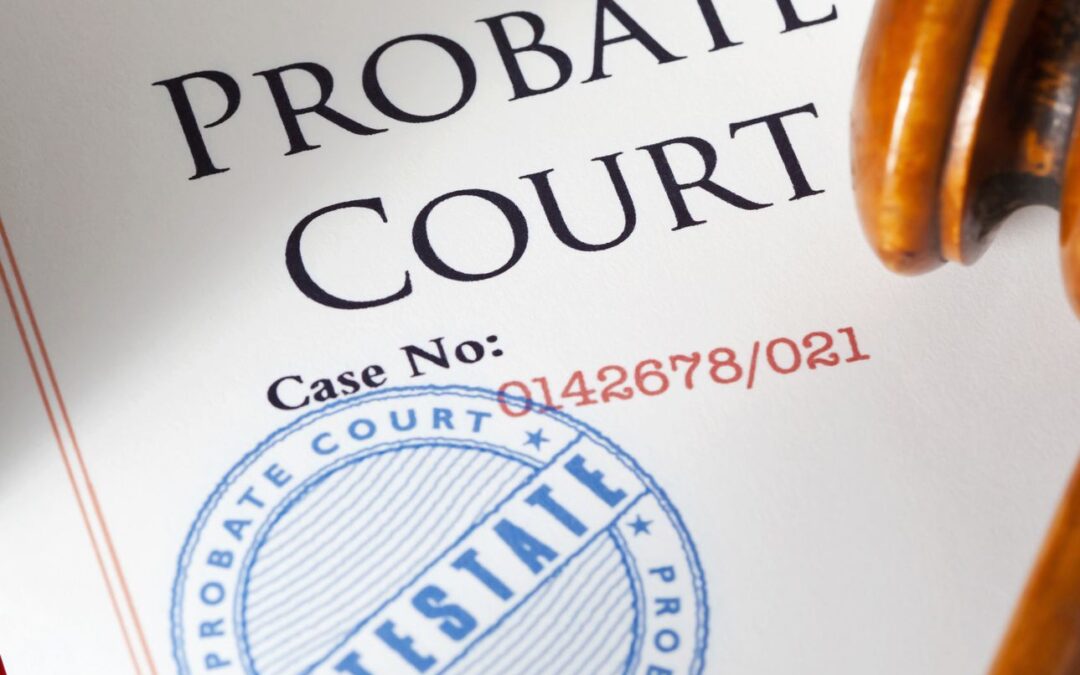When a loved one passes away, their assets don’t automatically get distributed to heirs. Instead, they may need to go through a legal process known as probate. However, not all assets require probate, and understanding the difference can save time, money, and stress.
Why It Matters
Probate can be a lengthy and costly process, depending on the complexity of the estate. Knowing which assets must go through probate—and which ones don’t—helps streamline the process and avoids unnecessary legal complications. As the executor of a will, understanding this distinction is crucial for carrying out your responsibilities efficiently.
Assets That Typically Go Through Probate
Certain assets must pass through probate before they can be distributed to beneficiaries. These include:
- Solely Owned Property – Any real estate, vehicles, or valuable possessions that were solely in the deceased’s name must go through probate to transfer ownership.
- Bank Accounts Without a Payable-on-Death (POD) Beneficiary – If no beneficiary is named, the account must be processed through probate.
- Investment Accounts Without a Designated Beneficiary – Stocks, bonds, or other investments without a named beneficiary must be included in the probate process.
- Personal Belongings – Jewelry, furniture, art, collectibles, and other personal property that isn’t designated in a trust or co-owned.
- Business Interests – If the deceased owned a business individually, their shares or ownership interests may need to go through probate.
Assets That Avoid Probate
Some assets bypass probate and transfer directly to beneficiaries, which can simplify the estate settlement process:
- Jointly Owned Property with Right of Survivorship – If the deceased owned property jointly with someone else (such as a spouse), ownership automatically transfers to the surviving owner.
- Assets with Named Beneficiaries – Life insurance policies, retirement accounts (401(k), IRA), and annuities with designated beneficiaries go directly to the named individuals.
- Payable-on-Death (POD) or Transfer-on-Death (TOD) Accounts – Many banks and investment firms allow account holders to name a beneficiary who receives the funds without probate.
- Trust Assets – Property placed in a living trust avoids probate because it is owned by the trust, not the individual.
- Small Estates (Depending on State Laws) – Some states allow a simplified probate process or exemption for small estates below a certain value threshold.
How to Simplify the Probate Process
As an executor, one of the best things you can do is identify which assets require probate and which do not. Here are a few ways to help minimize probate complications:
- Review the deceased’s estate plan – Check for named beneficiaries, trusts, and co-owned property.
- Gather important documents – Have death certificates, wills, account statements, and property deeds ready.
- Consult with a probate specialist – Working with an experienced probate real estate agent or attorney can help navigate legal and financial complexities.
- Encourage estate planning – If you’re helping someone plan their estate, ensuring assets are set up with beneficiaries and trusts can save time and money down the road.
Probate can be a necessary but complicated process, and not all assets need to go through it. Understanding which assets require probate can help executors fulfill their duties efficiently and avoid unnecessary delays. If you’re handling a probate estate and need guidance on selling a property or navigating the often complex aspects of probate, I’m here to help!

